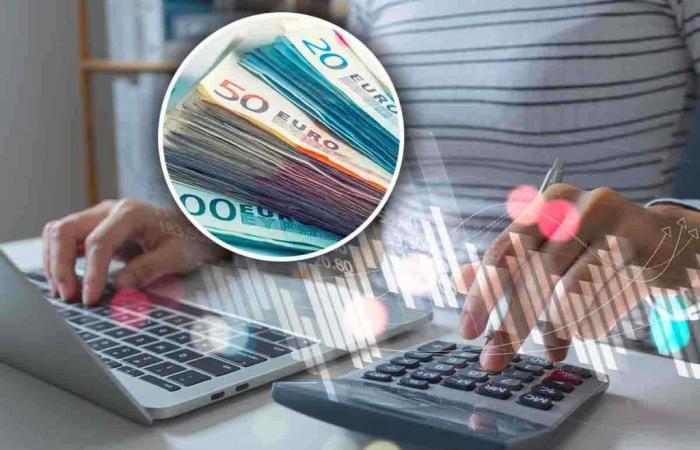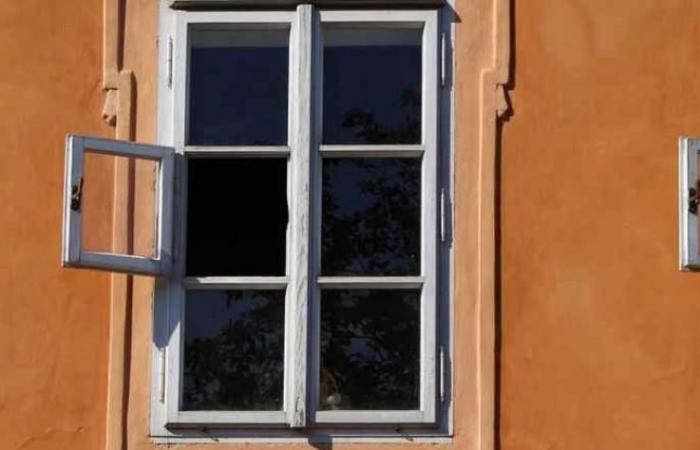The Meloni Government has introduced a new tax relating to the Superbonus: here’s who will have to pay it and who can be exempt.
The Revenue Agency has already clarified with a note the activation of the new tax regime on capital gains introduced by the latest Budget law for 2024. Among these charges is the new tax on the sale of real estate subject to renovations with the Super bonus 110%. The AdE has in practice tried to explain to taxpayers who will be required to pay, on which properties the tax is due and which cases are currently excluded from the new tax imposition.
In recent weeks the centre-right executive led by President Giorgia Meloni has approved a new tightening of the restructuring bonus, as was largely predictable after the various proclamations made by the main exponents of the majority. Thus, the new Superbonus decree has introduced relevant innovations for all those who have enjoyed thebuilding relief desired by the M5S.
The new maxi tax applied to the 110% Superbonus arrives
A first innovation concerns the obligation to spread the deduction of expenses relating to the Superbonus incurred in 2024 over ten years in the event that it is decided to indicate them in the tax return (with retroactive effect). And then there is the much talked about new tax, already defined as maxi taxation, of 26% which applies to the sale of second homes subject to works connected to the 110% Superbonus.
In practice, anyone who has benefited from the benefit and decides to sell the renovated property must pay an increased charge on the capital gain, therefore taking it for granted that the help was sought to speculate and not to improve their housing situation.
The tax introduced by the Meloni Government affects those who have enjoyed the 110% Superbonus and applies for a period of ten years, but only on those who sell a second home. However, there are some important exceptions concerning the case of inheritance and donation.
According to what has been established, anyone who sells a property within ten years from the end of the works facilitated by the Superbonus will have to face a tax of 26% on the realized capital gain. This capital gain is calculated based on the time elapsed between the end of the works and the sale of the property. And the tax does not take into account the percentage of Superbonus deduction (which, as is known, has fallen over time from 110% to 90%, up to 70%) nor the method of using the benefit.
As anticipated, however, the capital gain is not taxed if the renovated property is acquired by inheritance or used as a main residence for most of the ten years prior to the sale. In any case, the Government expects that taxation can bring more equity and above all more funds into the state coffers.







